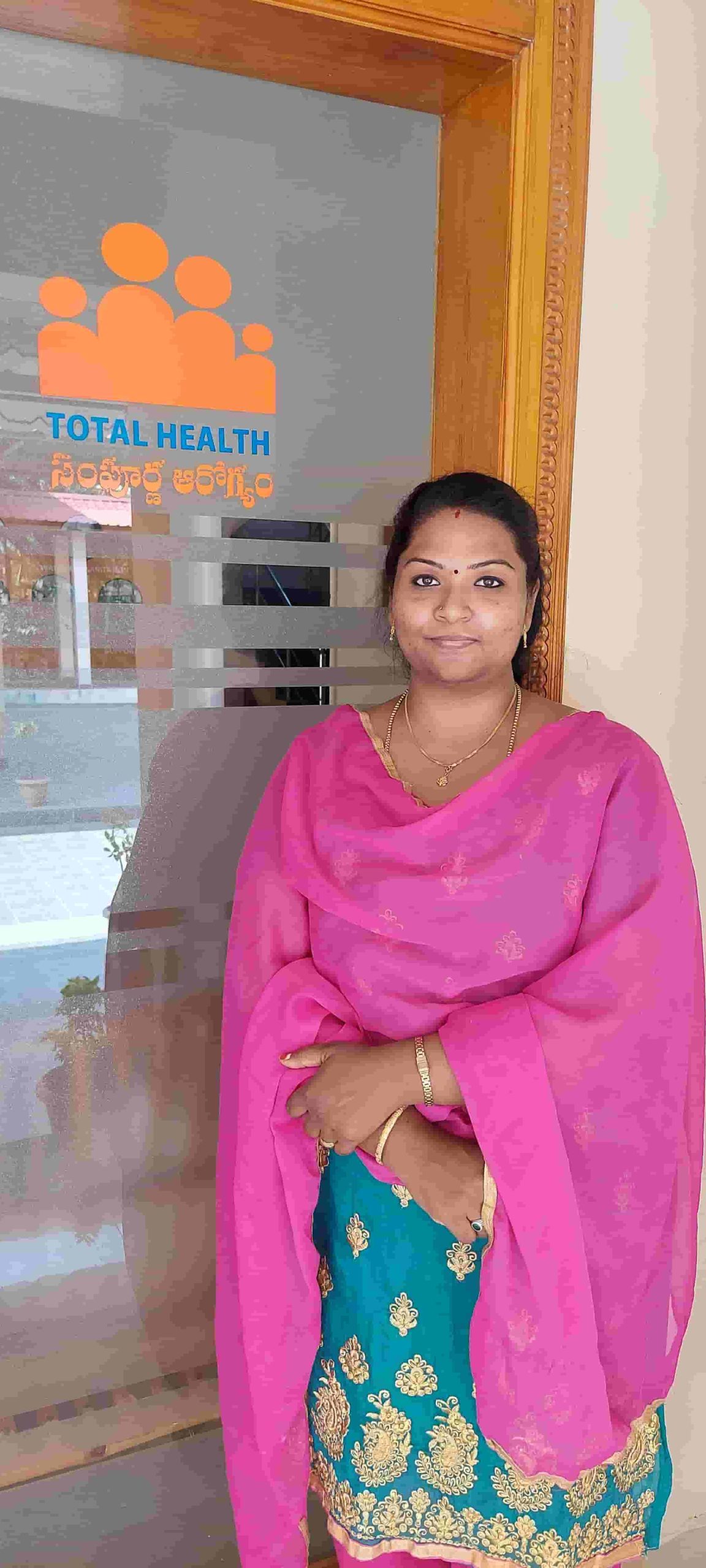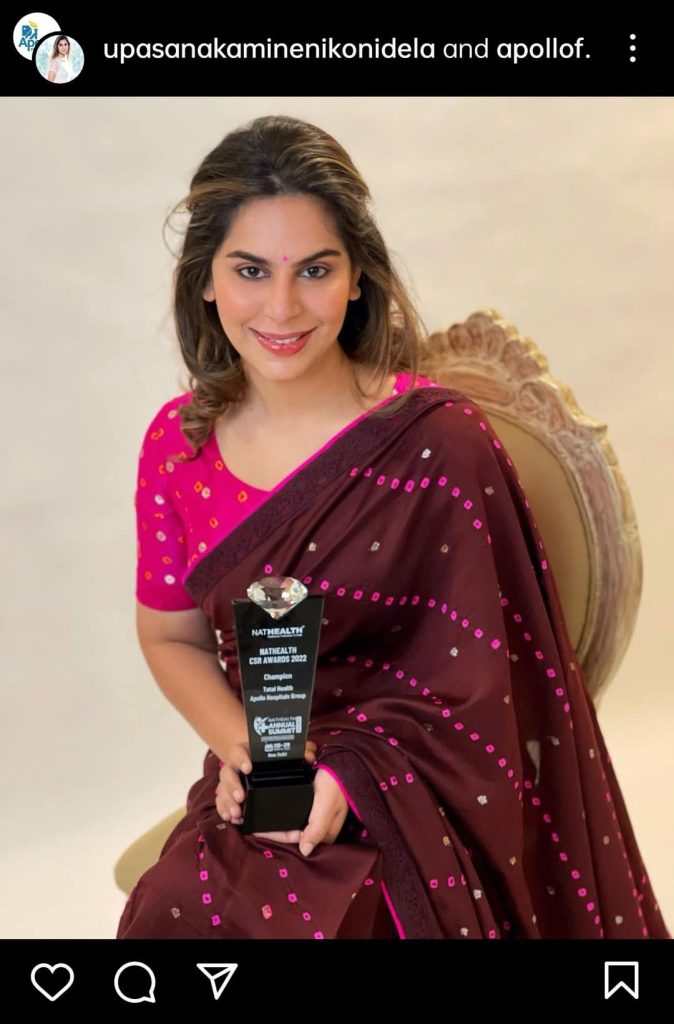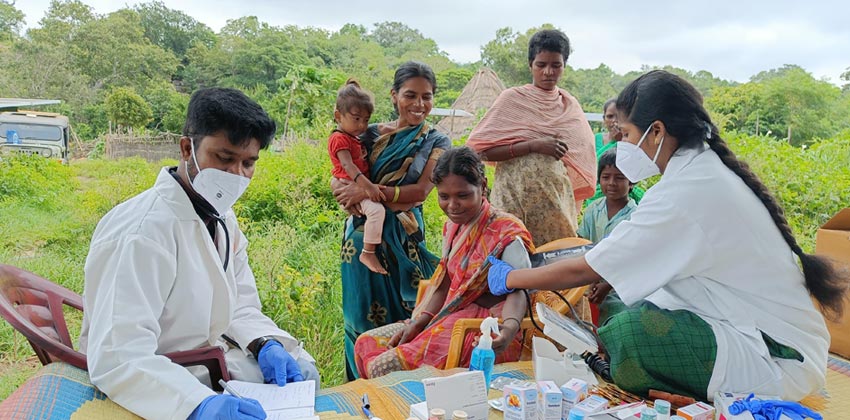In civil engineering terms, a deep foundation is constructed at a great depth beneath the surface of the ground so the structural load can be transferred below the top few layers of soil. It’s also as deep (or deeper) as it is wide. The construction process is more complex and expensive than a shallow foundation. Yet, a casual visitor to a building will never know why the structure stands firm, even on slippery soil.
Similarly, when we set up Total Health in rural Aragonda in 2013, and then in tribal Amrabad in 2020, the aim was first for deep excavation, so we understood the context we were going to work in.
We started with a door-to-door household survey to measure health, social, and economic parameters. While these surveys throw up essential information, like the levels of diabetes in a population, they also helped us build invaluable connections.
The act of visiting a person, taking off our shoes at their doorstep, and listening to them, as they offer water, is not quite the same as filling out a Google form.
Upasana Kamineni Konidela
It was also crucial that the people who would do the survey be from the community, so they would understand social protocols and norms. How do you ask people about their income without seeming like you’re prying?
Haritha Hemankumar was our first employee. She was 26 when she was hired in 2014. Born in Aragonda, she had grown up in Cuddalore, but her parents had returned to ‘settle’ into retired life at her maternal home. (No, rural India is not necessarily sunk in patriarchy – Haritha has a single child, a daughter, and no one has ever asked her why she ‘stopped at just 1’).
She recalls walking with her team of 2 others, going house to house in the heat of the dry Andhra sun. “People would ask why we were doing this survey, what it was for, but we never had any bad experience. They would give us water, offer us a space to eat our lunch,” she says.

She considered herself an outsider; at the time, we were entering a space that was not strictly ours. Sure, it had been my grandfather, Dr Prathap C Reddy’s village, and he could still point to where he’d climbed a banyan tree as a boy, but he hadn’t lived in Aragonda for decades, only visiting relatives occasionally.
Luckily by 2013 the Apollo Hospitals brand had been established, so there was some trust, but without a campus on ground and just the promise of healthcare – that was Apollo’s identity – it was difficult to explain to people why exactly we were undertaking this survey.
“People in the bigger villages knew of the Apollo name, but as we went further away from Thavanampalle (the mandal headquarters), they didn’t,” she says. She adds that in villages bordering the forest, most people hadn’t had a formal education and worked in farms as agricultural labour.
We were, in fact, laying the foundation. Based on the results of the survey, and on Göran Dahlgren and Margaret Whitehead’s 1991 Rainbow Model of Health, we would formulate our programme.
Dahlgren and Whitehead’s model talks about the main determinants of health in terms of circles of influence, with the first level being individual attributes (like age and gender), the second being lifestyle, the third social and community networks (relationships), the fourth living and working conditions (like education, employment, healthcare), and finally general socio-economic, cultural, and environmental conditions.
Based on the 130-question survey, our Total Health team drew up the framework of the programme. The 6 pillars came into being: healthcare, nutrition, water-sanitation-hygiene, livelihood support, community infrastructure, environment.

In a sense Haritha’s journey, unlike her fellow teammates is the journey of Total Health – of a person who had roots in Aragonda, returning to find connection. At first, her steps were timid: “I was never a person who was bold or outspoken. The survey helped me begin to talk to people.” Soon, she was recruiting women for the skilling project that taught women tailoring.
She has been witness to the establishing of the mobile clinics, the satellite clinics, the Total Health complex. In a nutshell, she has seen the programme built up from its deep foundations.
For all these years now, we have run the programme with people who live in Aragonda, doing the same as we take baby steps in Amrabad. Individuals develop over a lifetime; communities over several lifetimes, which is why we commit to staying.
Much like a new house that grows on you with time, as you plant trees, discover spaces, and learn to rise and sleep with its rhythms, so also Total Health moves to the tide of the communities it serves.
We don’t really think of the deep foundation of a home as we pluck a mango or enjoy the shade of the verandah, but we live in the security that it’ll hold strong for generations to come.


